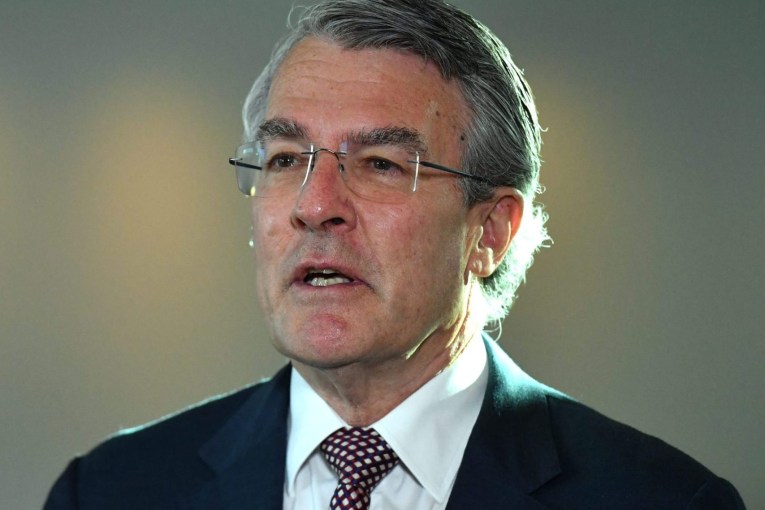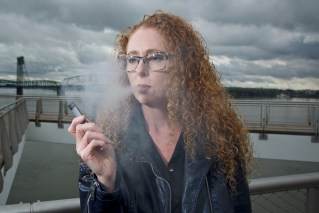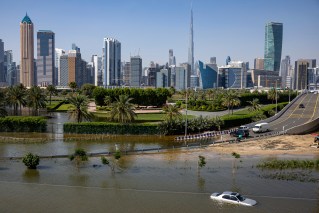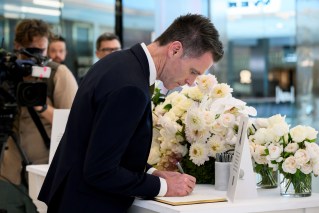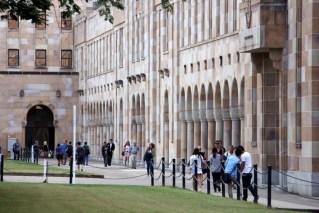No place for egos: Sallyanne on getting the Olympics done
Queensland’s most experienced Olympics campaigner has a message for those who would spearhead the organisation of the 2032 Games for the state’s south-east: there’s no place for egos.

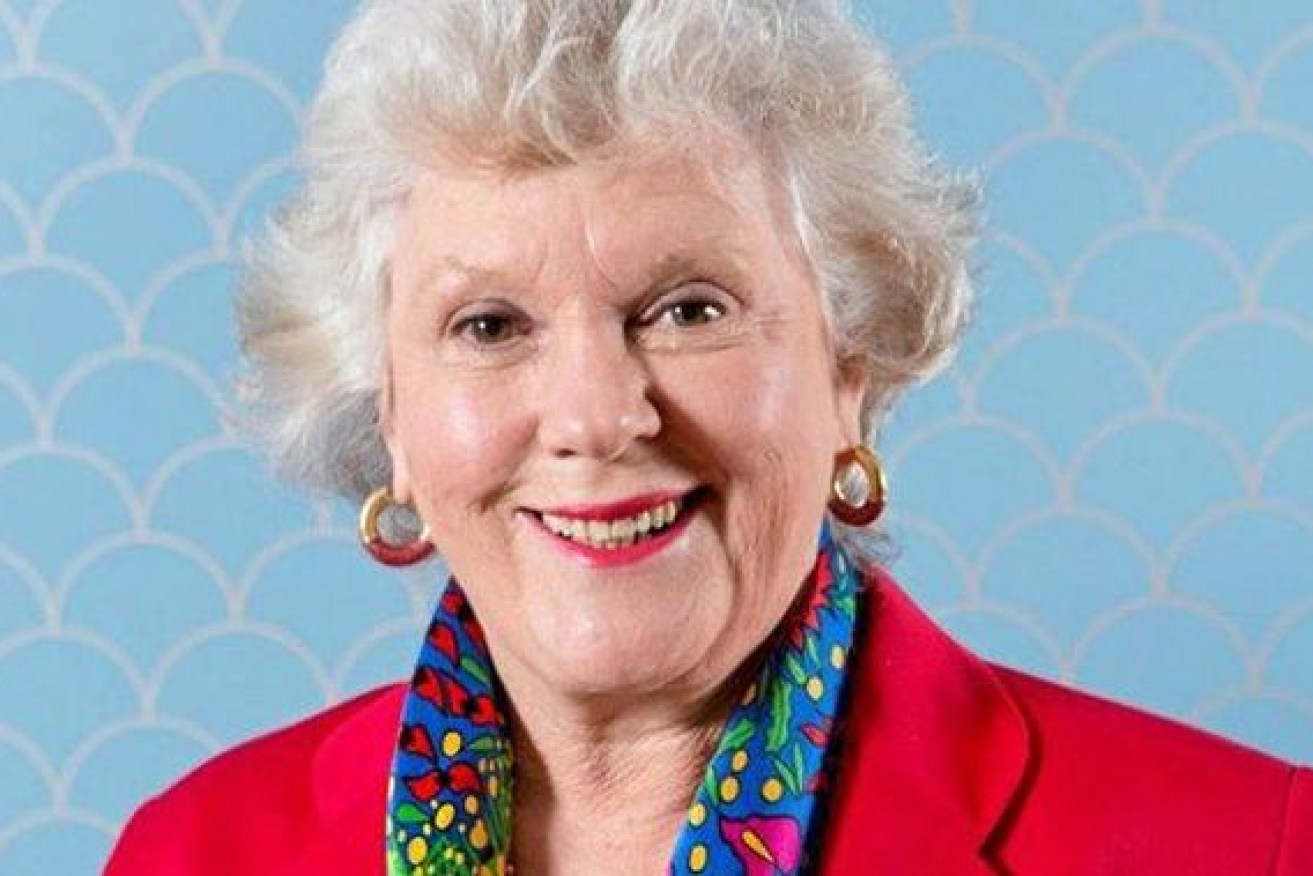
Former lord mayor Sallyanne Atkinson, who led Brisbane’s unsuccessful bid for the 1992 Olympics and also tried hard to ensure the city was Australia’s official bidder for the 1996 Games, insisted that the key to winning International Olympic Committee favour was teamwork.
After a long, disciplined campaign by south-east Queensland mayors and other proponents, the IOC announced on 24 February that Brisbane was its preferred host for the 2032 Games.
The IOC’s Future Host Commission bestowal of Brisbane’s new status as preferred bidder means that rival bids from cities like Doha, St Petersburg and Istanbul are likely to be shelved.

Sallyanne Atkinson in 1986 accepting $200,000 in gold coins towards Brisbane’s 1992 Games bid. Photo: State Library
The announcement means that the Brisbane bid is all but assured of success, provided the State and Federal Governments continue their enthusiastic backing of the bid.
Canberra and William St need to recommit to help fund the infrastructure needed to stage the Games.
Australian Olympic Committee president John Coates, who was instrumental in shepherding the bid through the IOC’s labyrinthine processes, is confident Brisbane will get the nod.
It will be a fitting achievement for Coates who, along with Atkinson, worked hard to get Brisbane the 1992 Games, only to lose to Barcelona.
The IOC may make a final decision as early as June in Tokyo, meaning Brisbane and the rest of Queensland will have more than a decade to organise a successful Games.
But while time is precious, Atkinson insists it can be frittered away without teamwork.
“One of the strengths of the 1992 bid was that John and I worked very much as a team,” she said.
She said up until now the 2032 bid, spearheaded by the South-east Queensland Council of Mayors, had featured a “bunch of different players”.
That needed to change if and when Brisbane was officially chosen as host.
“There is no place for egos,” Atkinson said.
Her advice would be to appoint someone to head the organisation of the Games immediately after the final bid hurdles was cleared. Whoever that was needed to work free from political interference.
“There’s got to be that consistency because a lot of the political players that are around now won’t be when the Games actually happen,” she said.
“Somebody needs to be in charge – that’s very important.”
Coates told the ABC’s Tracey Holmes in a recent interview that there needed to be acknowledgement of the quality of the Brisbane bid and that it “has a footprint over south-east Queensland from the Sunshine Coast to Brisbane and down to the Gold Coast”.
The other notable feature of the bid was that it proposed to use existing venues as much as possible to stage the Games.
“The IOC now doesn’t want to see cities wasting money, they want to see cities using existing venues and if those venues are spread out a bit over a number of cities, and they’re existing and you can make do with supplementing them with temporary [venues] then that’s a better system,” Coates told Holmes.
Indeed, this approach has much in common with Brisbane’s 1992 Olympics bid, which focussed on using venues that had already stared in the 1982 Commonwealth Games, the QEII athletics stadium at Nathan (which would have been expanded to hold 95,000 spectators) and the Sleeman Sports Complex at Chandler.
